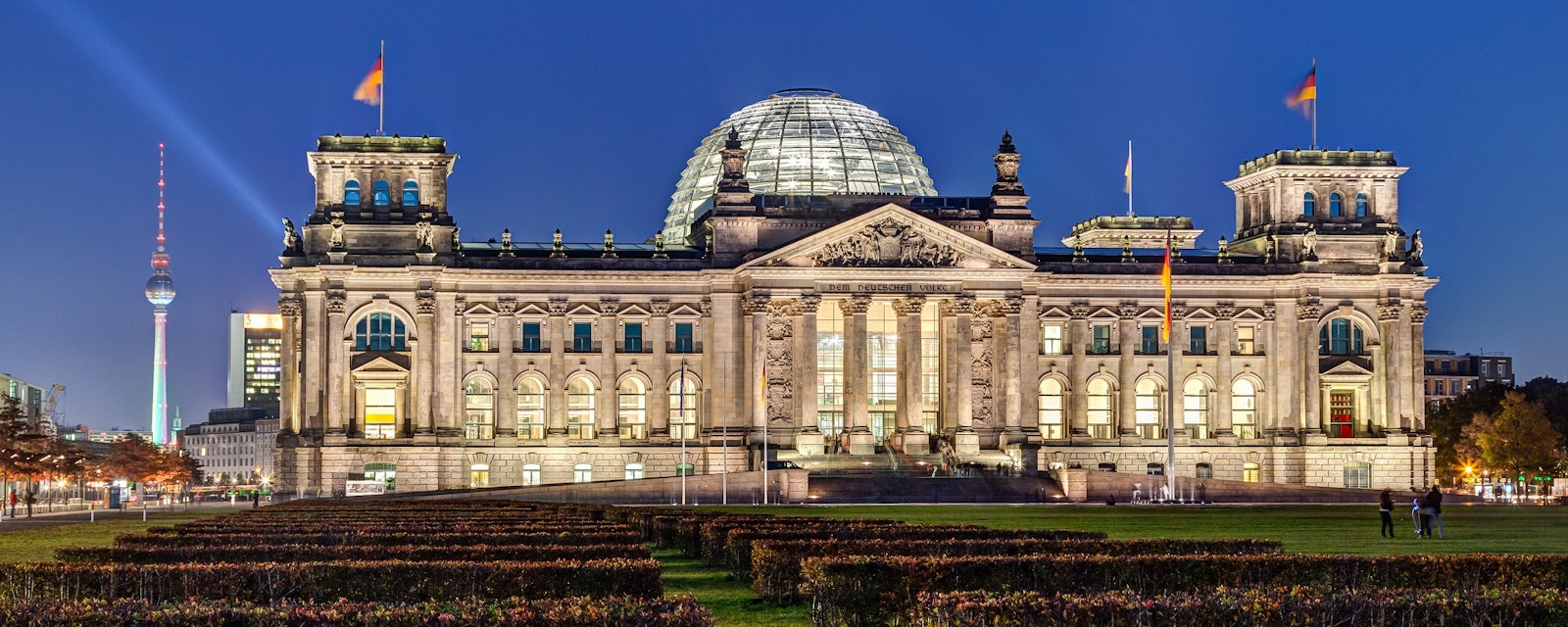Welcome to this edition of the Weekly Political Compass from Teneo’s political risk advisory team!
This week, we are taking a closer look at German China policy. Meanwhile, Chinese house prices are rising, local elections will be held in the north of Kosovo, Argentine officials hope for an easing of IMF program targets and power cuts have returned to “stage 6” load-shedding in South Africa.
Global Snapshot
Germany’s foreign minister was the latest high-profile politician from Europe to visit China. Our Germany expert Carsten Nickel answers three key questions.
How does Germany’s stance compare to the French presidential visit
Foreign Minister Annalena Baerbock took a more hawkish position than President Macron. However, German foreign policy is made by coalition governments, not the president, meaning that her stance is not necessarily representative of the entire government's views.
What are the domestic dividing lines regarding China?
Baerbock’s Greens are more skeptical of China than Chancellor Olaf Scholz’s Social Democrats (SPD). But divisions exist even within parties. As in the Russia question, the focus on the SPD in much of the reporting tends to overlook other key players, such as industry groups.
What are the next signposts to watch?
Policy differences in the coalition have also prevented progress on the national security and China strategies so far. However, it remains questionable whether the SPD and the Greens can put their fundamental rivalries aside on these issues before the 2025 election.
What to Watch
ASIA PACIFIC
China
House prices rose at the fastest pace in 21 months in March, according to data released Saturday. This is a sign that measures to boost the market following a two-year regulatory crackdown are having an effect. Reviving the housing market is central to Beijing’s broader pro-growth policy stance this year, alongside increased consumption.
Japan
Voters will return to the polls on 23 April for the second tranche of elections of the month. In the quadrennial nationwide unified local elections, the ruling LDP will be hoping to build on its 9 April results with further solid performances in municipal mayoral and council votes. The four Lower House and one Upper House by-elections will also be watched closely in Tokyo as a signpost for a possible snap general election later this year.
EUROPE
Kosovo/Serbia
The 23 April extraordinary local electionsin four municipalities in the north of Kosovo, where ethnic Serbs comprise a majority of residents, could trigger an escalation of tensions with Serbia. The elections are boycotted by the biggest Serb political party in Kosovo, the Serb List, whose members resigned en-masse from various Kosovan institutions last November. Belgrade is calling to hold the elections only after the formation of the Association of Serbian Municipalities, a body which is an important part of both the 2013 Brussels Agreement and the latest agreement on normalization of relations.
LATIN AMERICA
Argentina
Officials from the Economy Ministry are to remain in Washington DC this week as they try to hammer out an easing of program targets with the International Monetary Fund (IMF). The IMF already agreed to modify the reserve accumulation target in its most recent review to account for the impact of Argentina’s severe drought. Officials will doubtless be pushing for a less ambitious primary fiscal deficit target (currently set at 1.9% of GDP) to reflect the fact that export tax revenue will be much lower than programmed because of the drought. The IMF has also flagged inflation as a major challenge, both for the economy but also as a possible trigger for social discontent. Last week’s confirmation that monthly inflation reached 7.7% in March – or 104.3% over the last 12 months – was a hammer blow to the credibility of Economy Minister Sergio Massa, who last year promised monthly inflation of around 3% by this stage of 2023. Inflation is currently at its highest level in over 30 years.
MIDDLE EAST AND AFRICA
South Africa
Power cuts have returned to “stage 6” (6,000MW) load-shedding. On 16 April, power utility Eskom reported breakdowns worth 17,481MW of power generation capacity, while planned maintenance removed 5,657MW from the grid. The Sunday Times reported that actual outages amounted to unprecedented ‘stage 8’ load-shedding, suggesting that transparency over the true levels of load-shedding and load curtailment could become increasingly contentious. Politically, a power battle appears to be emerging between President Cyril Ramaphosa and Gwede Mantashe (mining and energy minister, and ruling party chairperson) over plans to transfer some energy powers from Mantashe to the recently appointed electricity minister, Kgosientsho Ramokgopa.




